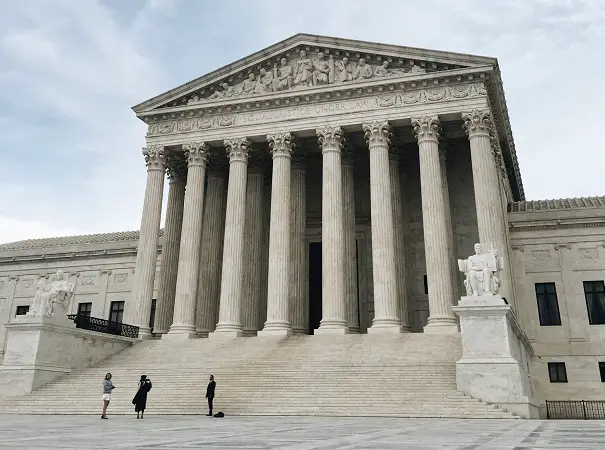On Tuesday the Supreme Court ruled against a Texas law that would have forced social media companies to allow the posting of all viewpoints on their platforms. This is at least a temporary victory for companies such as Meta’s Facebook, Twitter, and Instagram.
The order allows an emergency request from the Tech industry to block HR20, a new law designed to prevent social media from taking down certain viewpoints from its platforms. The emergency order is only a temporary measure, putting the law on hold until it can wend its way through the courts, and get a decisive ruling on whether or not it is Constitutional.
Elena Kagan voted against the decision, in essence supporting the law. Separately, Justices Alito, Thomas, and Gorsuch joined her in a dissenting opinion.
The first law of its kind in the US, HB20 was created by Republican lawmakers in response to accusations social media platforms censor conservative opinions. Republican lawmakers in Florida passed a similar bill which offered protection to posts by politicians and journalists.
Dozens of social media companies and apps, as well as other tech companies including Yahoo, challenged the law on First Amendment grounds, through two industry lobbyists, NetChoice and the Computer and Communications Industry Association. The 5th Circuit Court of Appeals had held the law was Constitutional, and could be put into force, but the Supreme Court ruling sets aside that decision and pauses the law until it can be heard in court.
Matt Schruers, President of the Computer and Communications Industry Association, said, “This ruling means that private American companies will have an opportunity to be heard in court before they are forced to disseminate vile, abusive or extremist content under this Texas law. We appreciate the Supreme Court ensuring First Amendment protections, including the right not to be compelled to speak, will be upheld during the legal challenge to Texas’s social media law.”
Justice Alito emphasized the importance of State independence in his ruling, saying in essence the Supreme Court should not intervene and should allow the State court’s ruling to stand. He wrote, “While I can understand the Court’s apparent desire to delay enforcement of HB 20 while the appeal is pending, the preliminary injunction issued by the District Court was itself a significant intrusion on state sovereignty, and Texas should not be required to seek pre-clearance from the federal court before its laws go into effect.”
The case is highlighting a split in legal reasonings. On the one side, advocates will make the case that tech companies can decide what is allowed to be posted on their platforms as an expression of their own First Amendment rights. On the other side advocates maintain that due to their size, and necessity to communicate in modern times, restricting anyone’s ability to voice any particular opinion is restrictive on the individual’s right of free speech.
A three judge panel for the 11th Circuit Court of Appeals unanimously blocked the enforcement of a majority of Florida’s social media law on May 23rd. SB 7072 had placed restrictions on the ability of social media to limit or change posts and suspend users if they were political candidates. Lobbyist NetChoice had challenged that law.
The decision by the Supreme Court was issued from its “Shadow Docket,” a process in which a decision can be issued by the Justices without first having both sides officially file briefs and make arguments.


